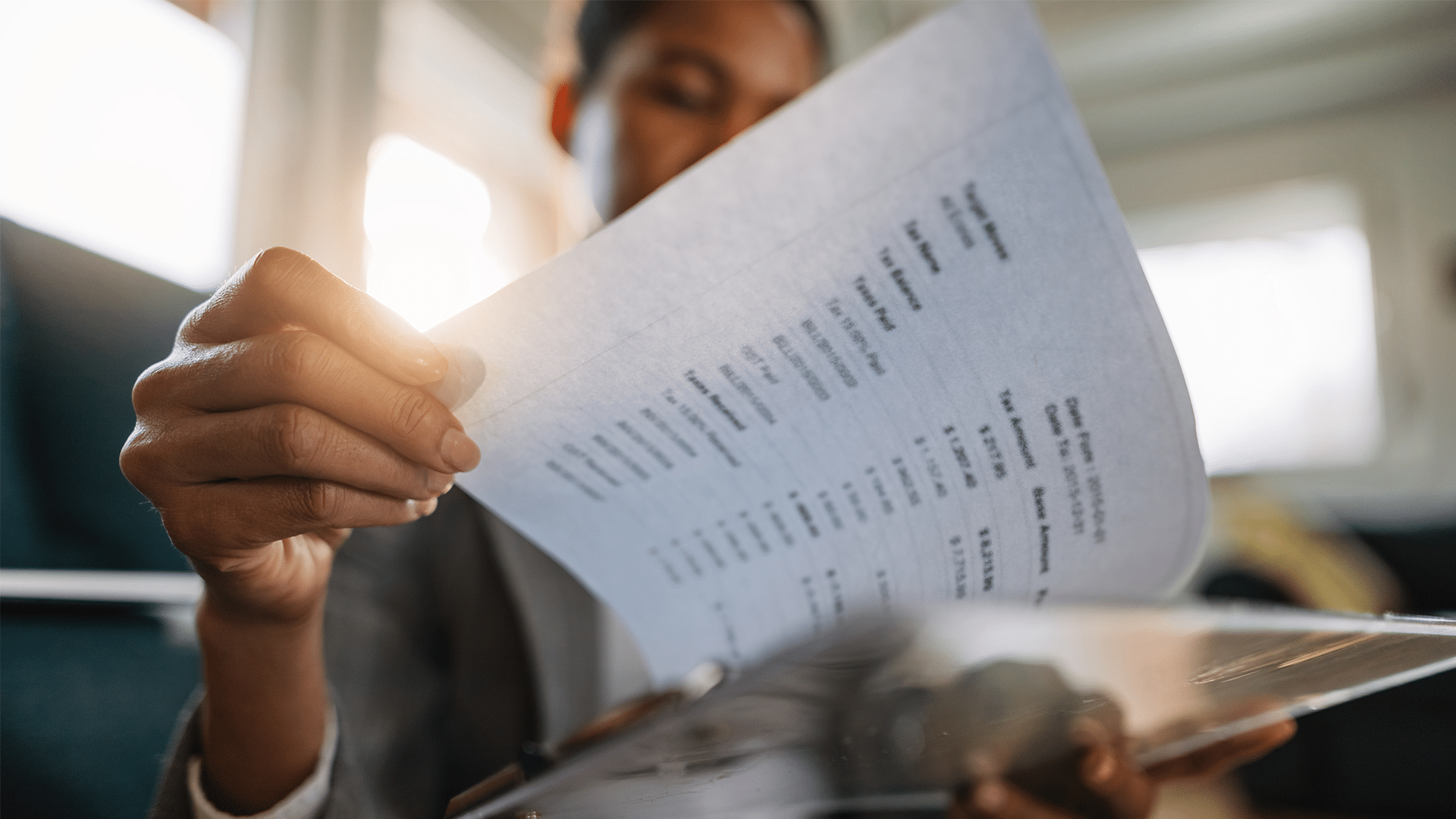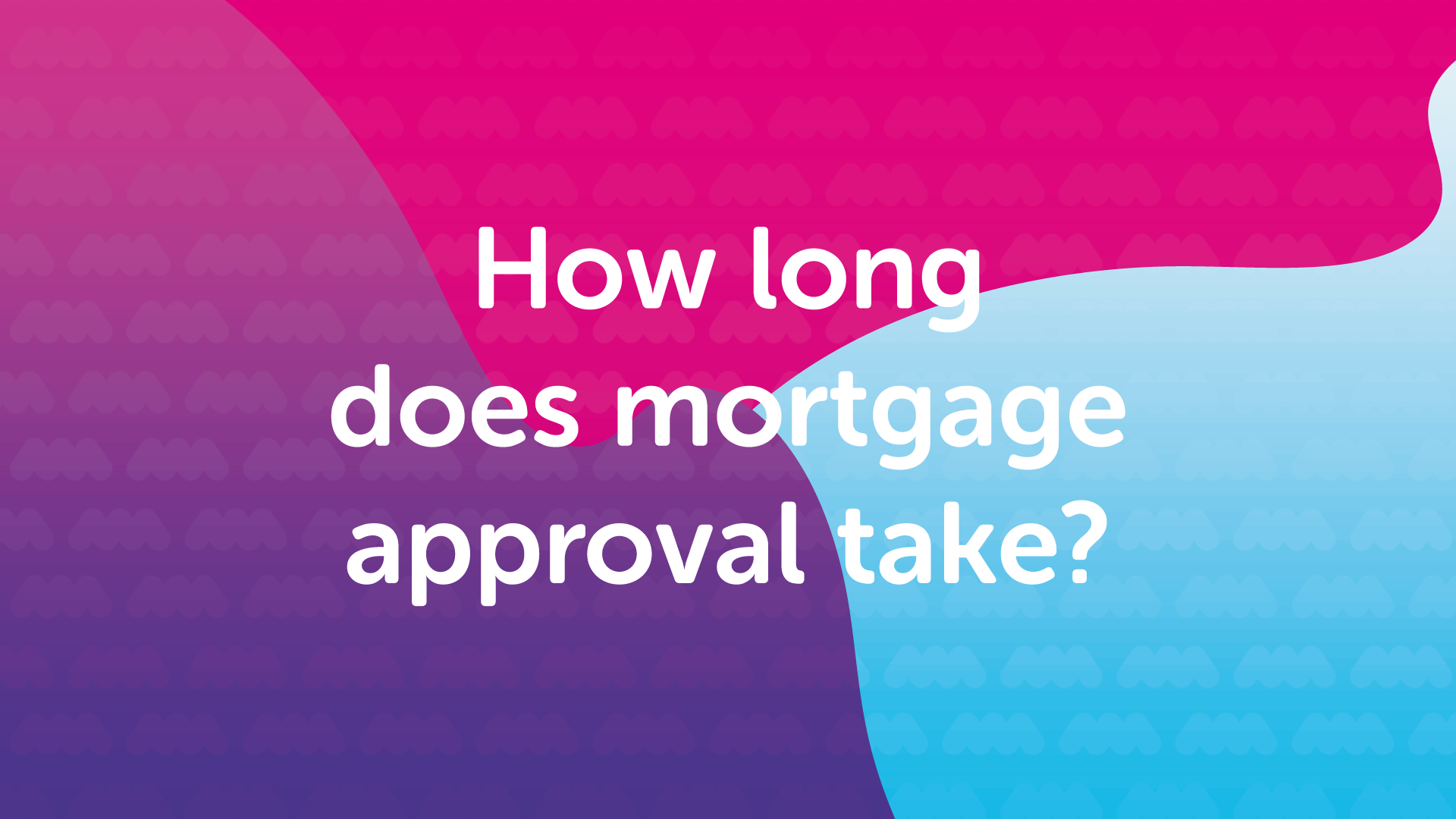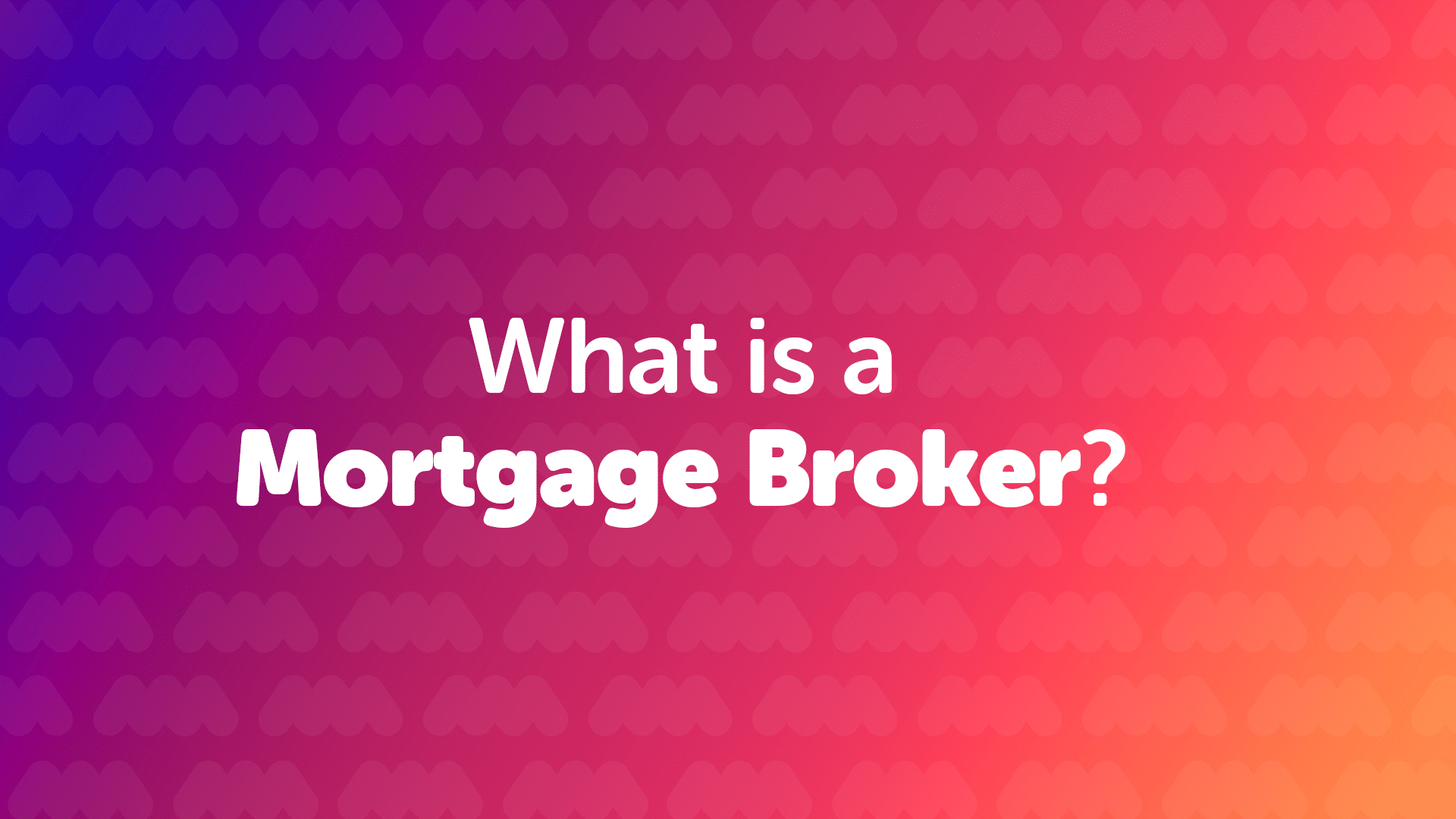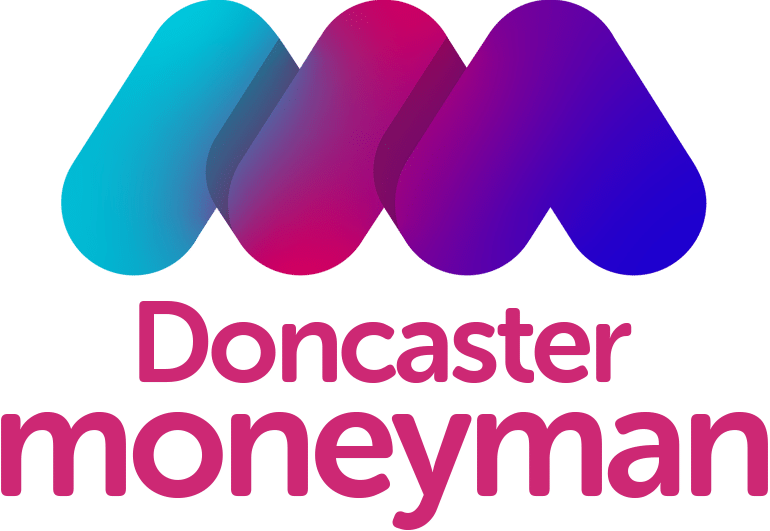If you’re a first time buyer in Doncaster and have saved up for your deposit (or got the green light from “Bank of Mum and Dad”, you may be wondering; what’s the next step? The answer is simple, getting prepared for a mortgage.
Know Where you Stand
We’d recommend speaking to an experienced Mortgage Broker in Doncaster as early on in the process as possible, so you know how much you can borrow for a mortgage and how much it will all cost. Obtaining an up to date credit report should also be at the top of your list, you don’t want a meaningless squabble with your mobile phone provider holding you back from buying a home. Taking the above two steps will give you a meaningful expectation of how possible this is going to be and what your budget is.
Getting Organised
Your Mortgage Broker in Doncaster will obtain a fully credit-checked Agreement in Principle on your behalf but you’ll have to prove who you are, where you live and how much you earn. There really is loads of paperwork for you to get together so it’s a good idea to open a file for yourself and start collecting everything in advance.
Proof of ID
In terms of proving who you are you’ll need to produce some photo ID such as a Driving license or passport, if you’re a non-UK national working over here on a Visa you’ll need that too.
Proof of Address
In addition to the above you’ll need to prove where you live. You’ll need to produce a utility bill or original bank statement dated within the last 3 months.
Last 3 months’ bank statements
Further to the Mortgage Market Review of 2014 the analysis of your spending habits has become one of the most important determining factors in whether you’ll qualify for a mortgage or not. Your bank statements should evidence your income and regular expenditures. Lenders will not be happy to see gambling transactions on your account, nor will they like it if you go over an agreed overdraft limit or if your direct debits bounce regularly.
Proof of Deposit
You will have to prove you have the funds in place for the deposit and also evidence this for anti-money laundering purposes. Try not to move monies around your various accounts too much as it will make evidencing the audit trail more difficult. Lenders like to see your savings building up so you’ll need to account for any large credits into your accounts.
Quite often money for deposits has been gifted by family members. These funds need to be evidenced also and the “donor” will need to sign a letter to confirm it’s a non-refundable gift not a loan.
Proof of Income
In terms of affordability the most important thing is to be able to prove your income. If you are employed this tends to be by way of your last 3 months’ payslips and most recent P60. Lenders can take into account regular overtime, commission, shift allowance and bonus.
If you are self-employed then you’ll need your Accountant’s help to request tax year overview.
A List of Your Expected Outgoings
It’s a good idea to do your homework and write down an estimate of your anticipated outgoings after you move house. You can work out an idea of how much the council tax and utility bills will be plus your regular expenditures such as food and drink and demonstrate how much disposable income you have available to pay your mortgage from.
As you can see from the above, it’s a real paper trail when you are applying for a mortgage but if you want your application to run like clockwork you’ll need to put the time aside to get everything together.
Our view is that it’s better to get all this at the outset and collate everything that the Lender could possibly ask for. As this saves time and frustration later down the line if you’re subsequently asked for paperwork you could have had ready at the outset.
Date Last Edited: December 6, 2023














